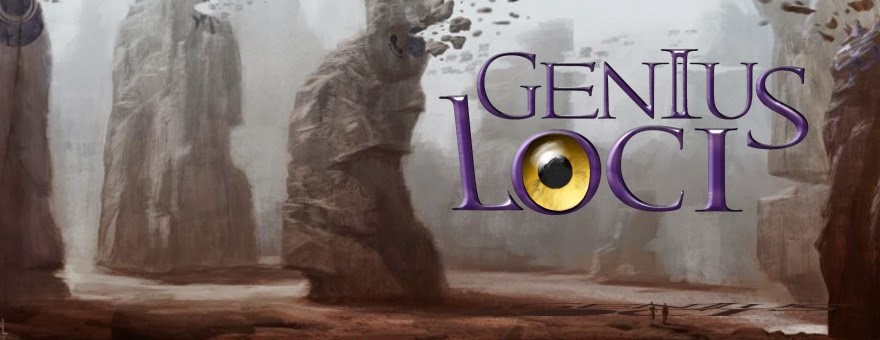"Linguists will thank Nuralk forever to have composed poems that can be easily translated into any dialect or language. Beauty and rhyme make it so much easier to remember grammatical rules."Languages differ by country. Most people speak dialects of their neighbours, so while travelling, communication is manageable, becoming more difficult with distance. Metropoles like Gamahan are linguistic beacons, with neighbouring cultures speaking their dialect; an educated person knowing a few large cities' dialects can make their way easily.
— Etrienne, historian
"One might feel less tricked by the dustship traders if they'd bother to speak comprehensibly. I reckon they could if they wanted, but foreign dialects make the trade more interesting and buyers more willing to let things slide."The ancient language Sorit is versatile and at times elusive; it's the language of scholars and the elementarians. It is the base of today's languages, and remains visible in names (for example, one translation of Gamahan means "circled land"). The suffix "-han" in country names means "land" and is preceded by the largest tribe's name.
— Quoyoh Virn, merchant
The rhu'khach spoke A'ruhs; the rich calligraphies can be seen on their remaining monuments. Kidin, the slow language of the mountains, trees, and the ocean, is mainly interesting to speakers. Many bards and poets also speak older languages.
Artists' notes
I was long undecided about languages in Genius Loci. They're a knack of mine, but many languages make things confusing and adventures tedious. The lingua franca approach of many fantasy worlds was too simple, too, differing only by race. One language (more or less) that is splintered into many dialects, that can at times be barely comprehensible, seems a good compromise to me. I also spent some time writing down pronounciation.
The picture belongs to Issue #4 of Worldscapes magazine.


No comments:
Post a Comment